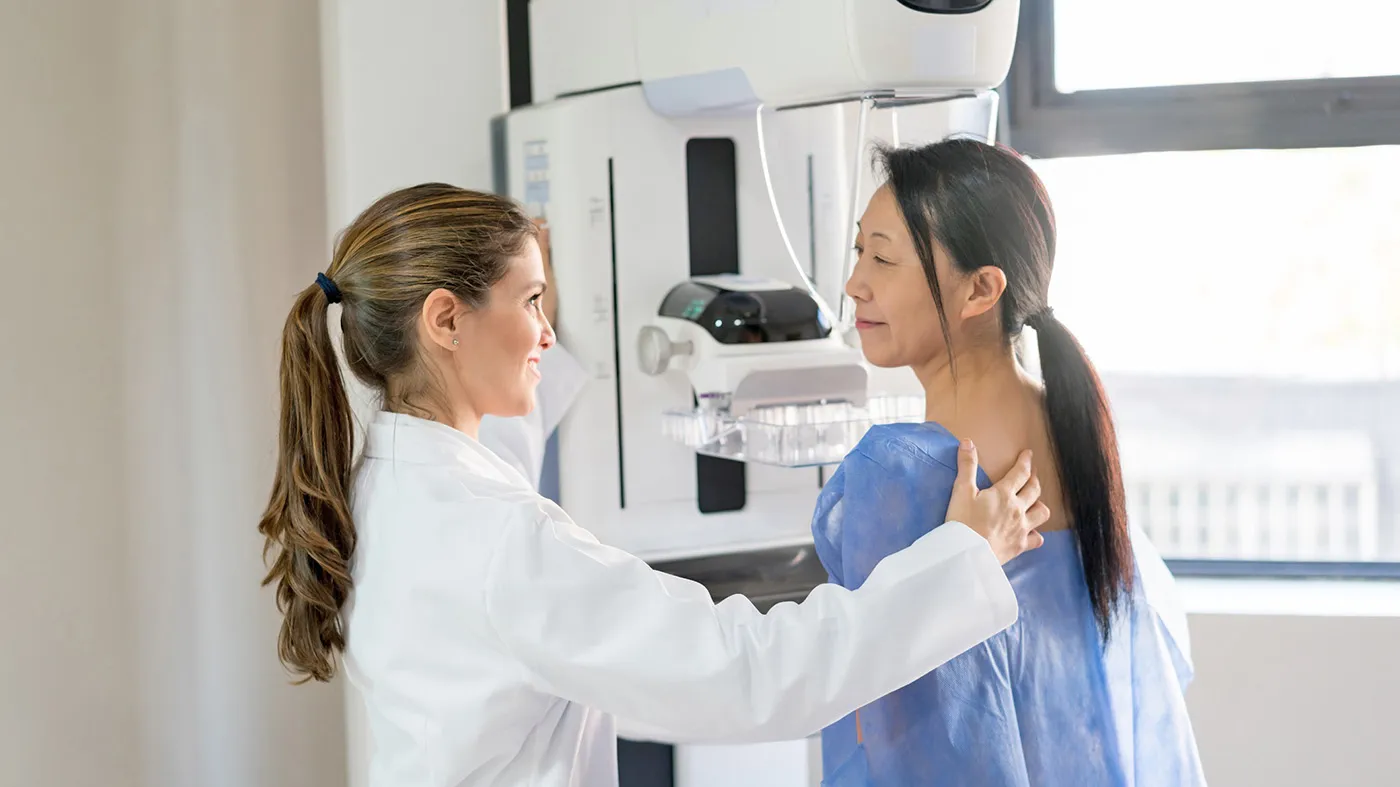Bothered by the bad breath left after a zesty dinner with garlic and onion? For your health’s sake, get over it, and enjoy a breath mint after your repast. Despite their arguably unpleasant aroma, these vegetables’ nutritional benefits and unique taste make up for their smelly side effect. These vegetables belong to a nutritious group called allium vegetables, with other notable members being leeks, scallions, chives, and shallots.
Eating garlic and onion for healing purposes started in ancient Chinese, Indian and Egyptian cultures. While not all health claims have stood the test of time, research has actually proven alliums to be beneficial at improving cardiovascular health and reducing risk of all-site cancers, especially those effecting reproductive and digestive organs.
Recently, attention has been given to allium vegetables’ role in boosting prostate health, specifically, their potential to reduce the risk of inflammation, benign prostatic hyperplasia (enlarged prostate) and cancer. Complications of these conditions may range from mild yet annoying, such as trouble with urination, to extremes including death. According to the American Cancer Society, in 2015 it is estimated that one in seven men will be diagnosed with prostate cancer during their lifetime.
The VA Ann Arbor Healthcare System cares for Veterans struggling with these conditions. Sharon Durkins, an LPN and the administrative assistant for the Urology Clinic in Ann Arbor, reports that in fiscal year 2014, of the 329 prostate biopsies performed, 194 returned positive for cancer. Additionally, of the 6,432 appointments performed in the clinic, 12 percent of the Veterans seen had the primary diagnosis of prostate cancer, making it the leading diagnosis in the clinic that year.
After being extensively studied, promising results have been found. A 2013 meta-analysis published in the Asian Pacific Journal of Cancer Prevention looked at the relationship between allium vegetable intake and risk of developing prostate cancer among men. In total, nine research articles were reviewed, and the paper concluded that allium vegetable intake, specifically garlic, was indeed related to a decreased risk for prostate cancer. To review the Crop & Food Research Report No 1814, by Hedges & Lister, go to: Health Attributes of Allium Vegetables. Although the meta-analysis pin-pointed the weaknesses in its own design (such as the accuracy of dietary recalls and the small number of studies reviewed) it still gives justification for ongoing research.
What is widely accepted is that these stinky offenders are able to help reduce platelet aggregation in the body, and therefore reduce the risk of blood clotting and heart disease. As of 2009, heart disease was noted as being responsible for one in every four male deaths in the United States.
Your favorite recipes can include garlic and onion by crushing or slicing the vegetables first, then waiting 10 to 15 minutes before cooking. This allows time for the powerful, new compounds to form, and not be killed off right away in the heat of the cooking process.
Annette Hoffmeyer, a clinical dietitian nutritionist at the VA Ann Arbor Healthcare System cares for Veterans undergoing treatments for various cancers, including prostate. She offers this advice to make a meal more nutrition packed, “Consider adding crushed garlic and onion to your homemade vinaigrette or marinade. They are also delicious when added to omelets, guacamole, your favorite pasta sauce or sautéed with vegetables. The options are limitless.”
The exact mechanism that makes allium vegetables so powerful is likely multifactorial, and their high flavonoid and antioxidant content is surely a principle contributor. These compounds are dynamic cell preservers. In combination with a diet including a wide variety of colorful fresh fruits and vegetables, allium vegetables work to promote optimal health.
How much garlic and onion one needs to consume in order to reap the benefits is still being studied, but a degree of insight has been provided. A study conducted at the Fred Hutchinson Cancer Research Center in Seattle found that eating a teaspoon of fresh garlic and a half cup of onions each day raised levels of key enzymes used for removing toxins in the blood cells of healthy women. Although the amount needed for men has not yet been directly studied, the authors believe there would also be a benefit, but a higher daily dose is likely needed.
If you’re interested in learning more about this topic or other health-related conditions influenced by diet, contact your local VA to meet with a dietitian nutritionist. To learn new ways to prepare vegetables, including the allium variety, go to MOVE! Guide for Vegetables.

Topics in this story
More Stories
VA now recommends starting screening for breast cancer with mammography or X-rays of the breasts at age 40.
There are over 4,300 social workers in VA’s homeless programs, of which over 700 are Veterans themselves.
MVP looks at the background and impact of Women’s History Month.






The bad odors associated with garlic and onions are dissipated once cooked,. Roasted garlic goes from pungent to sweet and nutlike upon being roasted and both garlic and onions become quite a bit more tame when the sulfurous compounds are driven off by cooking. Saute
ing them until translucent in a heart-healthy oil (being careful not to burn them which makes them bitter) before adding them to recipes turns stinky alliums into friendly, savory aromas. Bon Appetit!